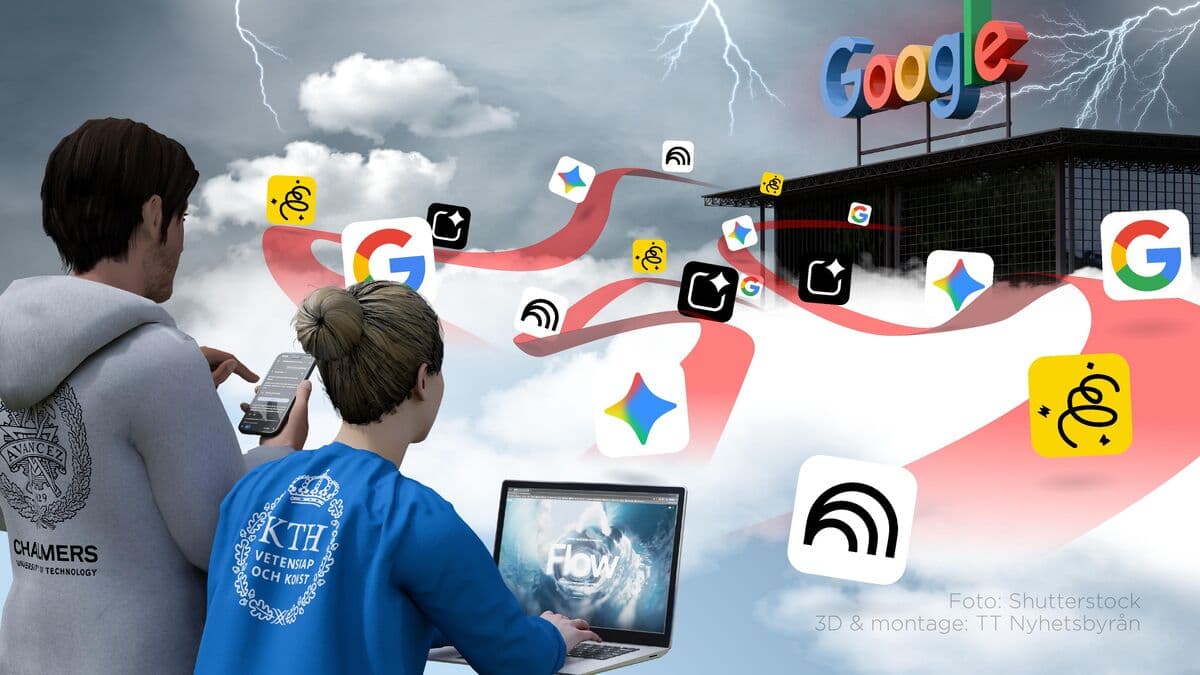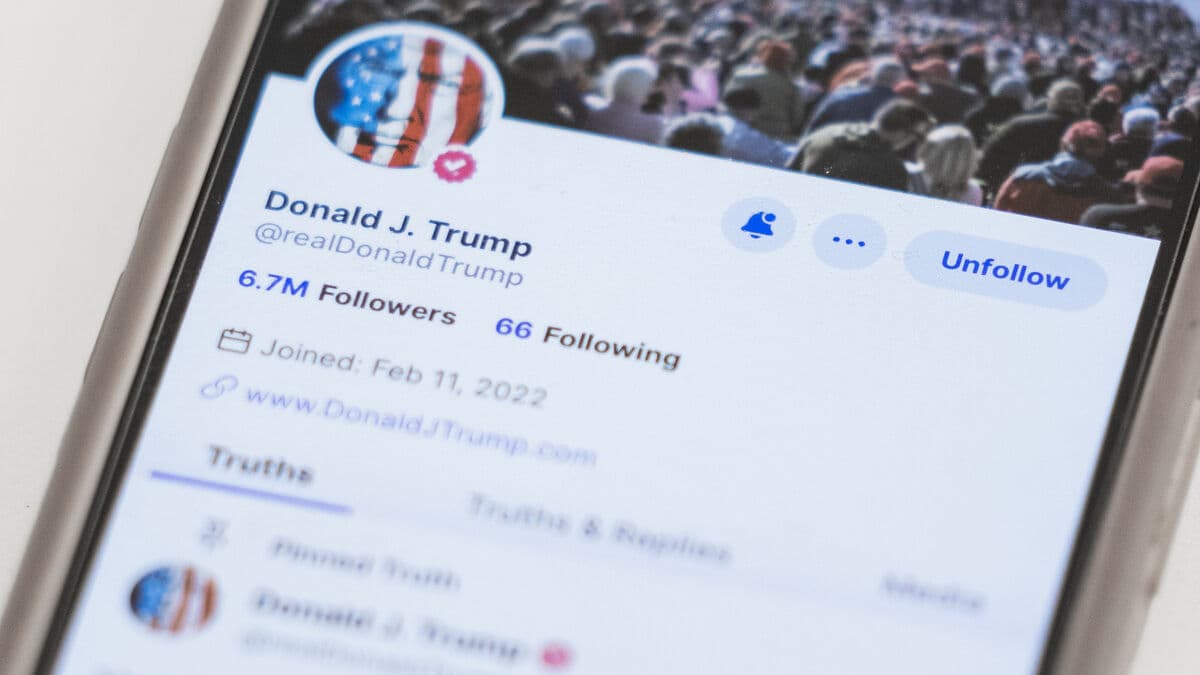Students in about 50 countries, including Sweden, can now access Google's AI tools for free for a year. Both the chat service Gemini and Notebook LM, a service for working with notes and documents, are included. The initiative from the tech giant is described as a step in the company's goal to "help students succeed in the classroom and prepare them for the future labor market”.
But Pontus Wärnestål, who is an associate professor of information technology and researcher at the University of Halmstad, sees it all in a different light:
The entire narrative that Google presents frames research and learning as something boring, which the tool does for them. Then you lose the entire training in source criticism, judgment, perseverance, and analytical ability.
Digital infrastructure
Wärnestål says that there is more behind Google's initiative on digital infrastructure than just helping students.
They want to, if you will, colonize the digital learning environment. For every student who starts writing, analyzing, and thinking through their tools, the learning is moved into a system that Google controls.
”Top class”
Martin Svensson is the CEO of AI Sweden, Sweden's national AI center. He says that it is good that students, and others in society, get access to "the best tools of their kind" and does not want to comment on individual actors in the field.
The tools that are of absolute top class are not uncommonly American. It is possible to discuss whether it is good or bad, but the student wants to have access to the best.
He admits that the use of AI tools can lead to a "lock-in effect".
These tools, the user experience can be strengthened by using the same one for a longer period.
Lobbyism
Is what Google is doing a form of lobbying?
Absolutely. It is definitely lobbying, says Pontus Wärnestål and continues:
Take the poor politician who turns against this, and is then portrayed as the one who wants to deprive Swedish students of the opportunity to use a powerful technology to become more competitive on a global market – it is easy to spin that narrative.
Recently, a report was launched which showed that several popular AI services answer incorrectly when it comes to news. The worst was Google's Gemini, which in three out of four cases could not provide correct sources for its claims.
Andrea Lewis Åkerman, communications manager Google Sweden, writes in a comment to TT, regarding Google's student initiative:
”Our AI functions for learning are developed based on pedagogical principles, in collaboration with educators and researchers in pedagogy, with a focus on promoting critical thinking and active learning.”
Exactly how many users different AI services have is difficult to verify. The different companies involved often define users in different ways.
According to media reports, Open AI's Chat GPT is still the most popular chat service with around 600 million active users per month. According to similar media reports, Google's Gemini has around 350 million users per month.
According to the Internet Foundation's report Swedes and the internet 2025, every third Swede has used Chat GPT in the past year. The figure for Gemini was 2 percent.






